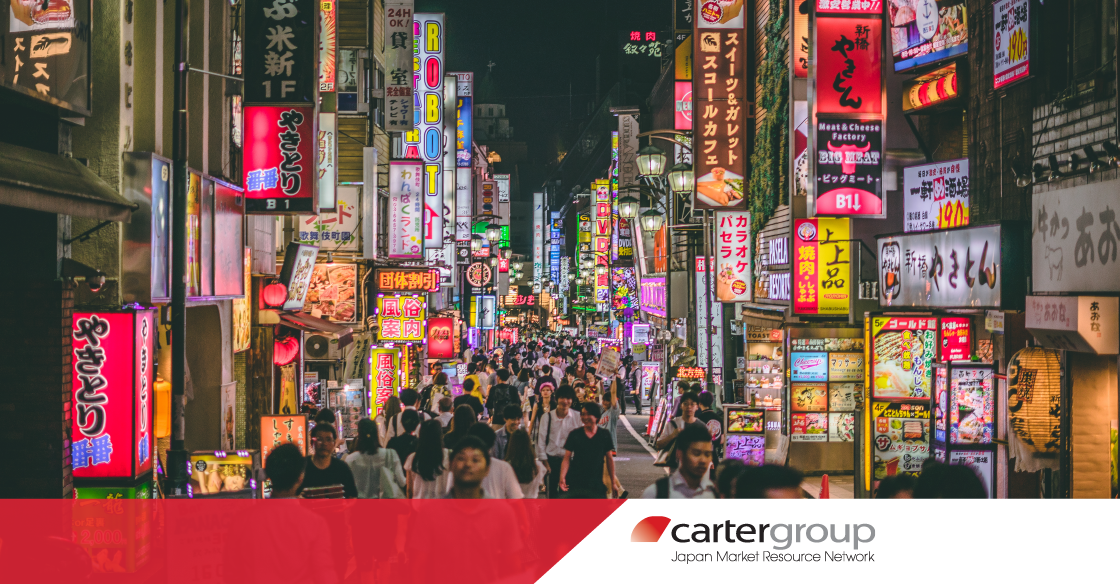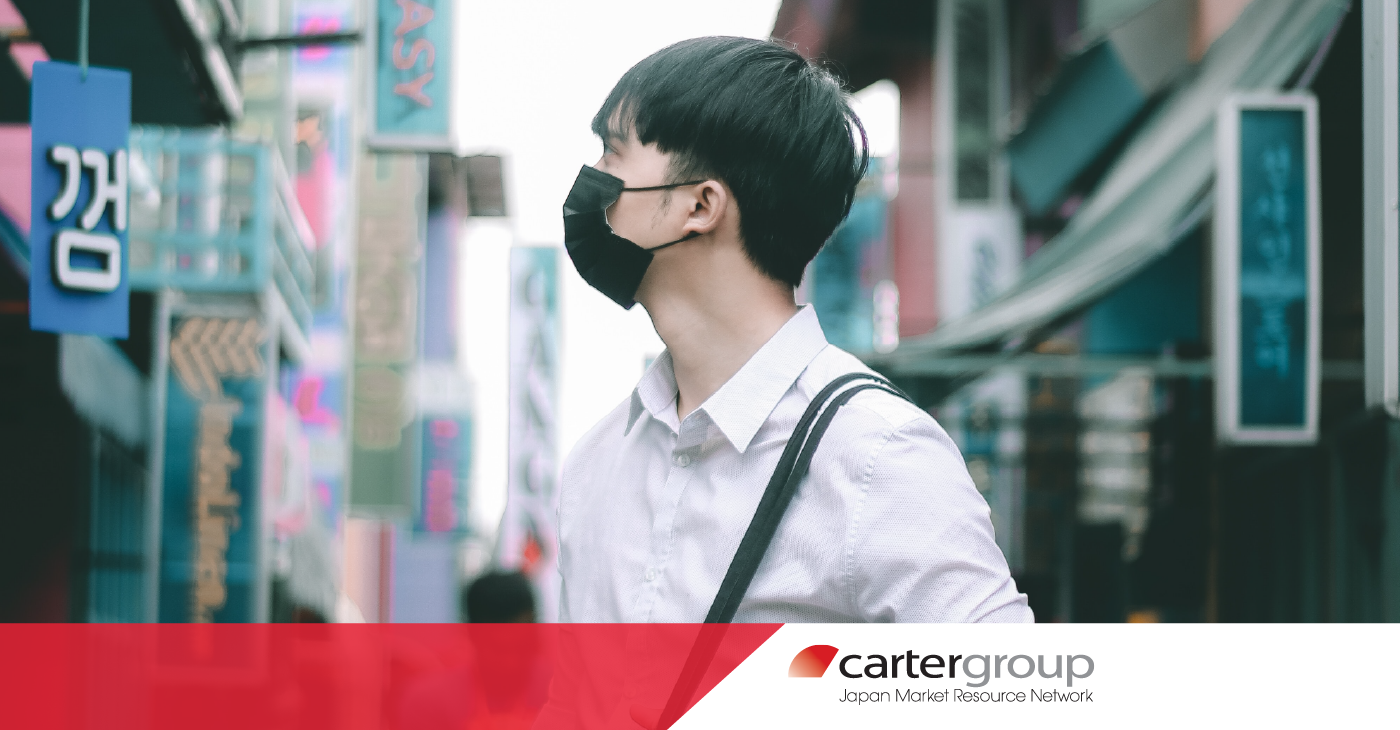
by carterjmrn | Jun 6, 2023 | Japan Market Entry, Market Research Methodology
It may be easy to think that the most relevant stakeholder in UX research is the end user. When it comes to creating the best customer experience strategy, they are not the only player needing attention. But no man – or stakeholder – is an island. They cannot be...

by carterjmrn | May 9, 2023 | Changing World of Work, Japan Market Entry, Market Research Methodology
Asynchronous research facilitates information sharing among participants outside the constraints of time and place. In other words, when teams need effective feedback for product development strategy, they don’t need to require the market research participant to be at...

by carterjmrn | Apr 4, 2023 | Carter Group Viewpoints
Growth-driven product managers already know how important the onboarding experience is in our globally interconnected world. It’s crucial to convert free users of software platforms or SaaS products to paying customers and, even more importantly, keep them on their...

by carterjmrn | Jan 9, 2023 | Changing World of Work, Japan Mega Trends
The abdication of Japan’s Emperor Akihito in 2019, and the subsequent crowning of his son, Prince Naruhito, saw Japan usher in a new imperial era called Reiwa. There has been a great deal of debate over the true meaning of Reiwa to the Japanese people, but one thing...

by carterjmrn | Jan 3, 2023 | Carter Group Viewpoints
The video gaming market in Japan is the third-biggest in the world, generating over $22 billion in sales in 2021. Apart from being the home of masters of the gaming universe, such as Nintendo, its sheer size alone makes Japan a critically important market for gaming...

by carterjmrn | Dec 15, 2022 | Age-Tech Japan, Ageing and Generations, Carter Group Viewpoints
Developing tech-enabled products and services that assist us as we age is a relatively new frontier. However, the vision of a world where people in advanced years can meaningfully participate in society and overcome the physical and cognitive challenges of age is...

by carterjmrn | Dec 1, 2022 | Carter Group Viewpoints, Japan Sentiment Tracker, Japan Values Segmentation
Values are challenged by the complexity of modern life For many, one of the toughest challenges in developing one’s values set is navigating through extremes. There is a temptation to assume simplistic (or unbalanced) worldviews that provide a sense of security....

by carterjmrn | Nov 29, 2022 | Carter Group Viewpoints, Internationalization, Japan Sentiment Tracker, Japan Values Segmentation
Living in ‘fortress Japan’ Every country has them, and Japan is no different. I’m talking about “the fearful fringe.” These are the people who fundamentally lack trust in their security, either personally or for the country at large. They view their nation as being...

by carterjmrn | Nov 15, 2022 | Japan Mega Trends, Japan Sentiment Tracker, Japan Values Segmentation
You’ve heard it said that ‘culture eats strategy for breakfast.’ More than once, probably. It’s become a part of corporate vernacular, a buzz phrase designed to espouse the virtues of building a strong company culture over focusing simply on business strategy.It has...









